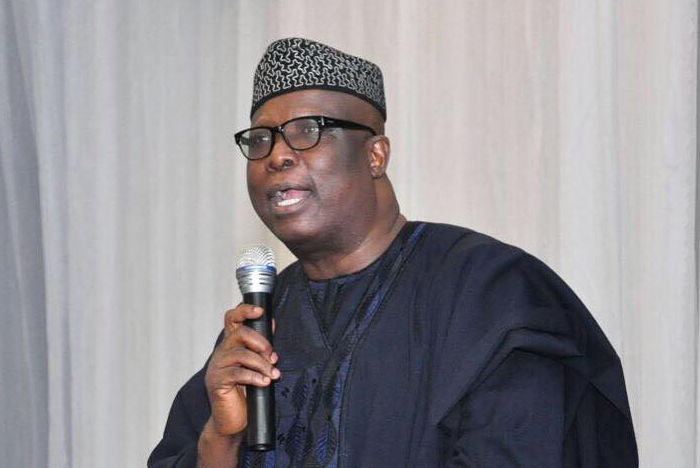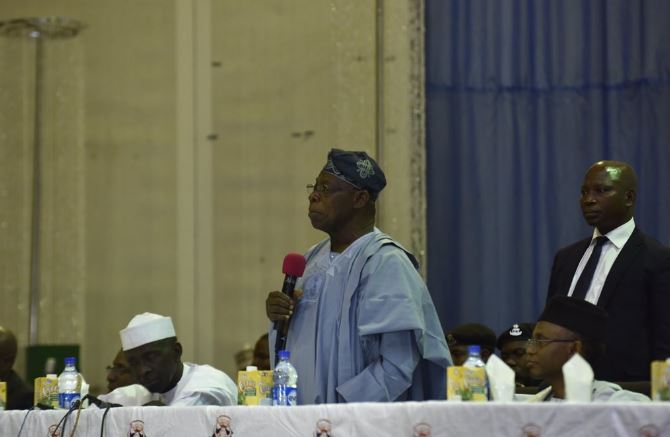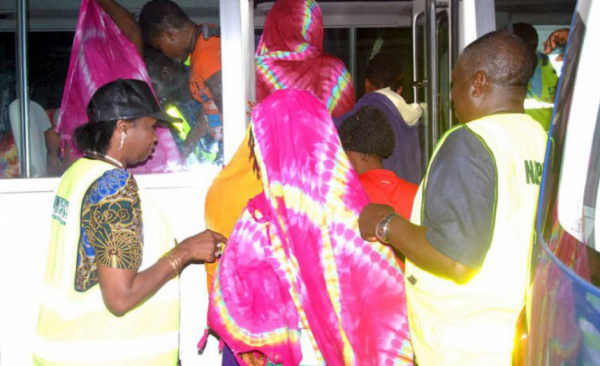Léo Heller, the UN expert on the human rights to water and sanitation, has raised serious concerns about a recent bill in Lagos that criminalizes abstraction of water from natural sources – including boreholes.
The special rapporteur on the human rights to water and sanitation said “when the state fails to provide adequate access to drinking water, no one should be criminalized or fined for fetching water from lakes, rivers, or any other natural sources”.
The comment from the UN expert comes after the Lagos state house of assembly passed the Lagos Environment Bill on 20 February 2017.
The bill includes specific provisions that criminalise the abstraction of water from natural sources if conducted without the approval from the authorities.
Advertisement
“The government is taking a step too far by imposing fines of the equivalent of USD 310 on ordinary individuals fetching water for survival, when the minimum wage stands at approximately USD 60,” he said
“Legal measures by the government to regulate access to water are an important step to ensure that drinking water is safe.
“However, when only 10 percent of the population are connected to piped networks and the rest of the population rely on natural water sources for drinking water, a blanket prohibition of accessing natural water sources is not the way forward,” he emphasised.
Advertisement
Heller urged the government to reconsider the bill and to conduct a proper and meaningful public consultation with all relevant stakeholders providing an adequate time for comments and opinions.
Heller has recently communicated about this matter to the government.
In September 2016, the state set up water courts to prosecute illegal water service provider in the state.
The Environmental Rights Action/Friends of the Earth Nigeria (ERA/FoEN), a civil society group, described the move as a cover for promoting water privatisation.
Advertisement
Heller had initially described the 2017 budget proposal for the water sector in Lagos state as unacceptable.
Add a comment







